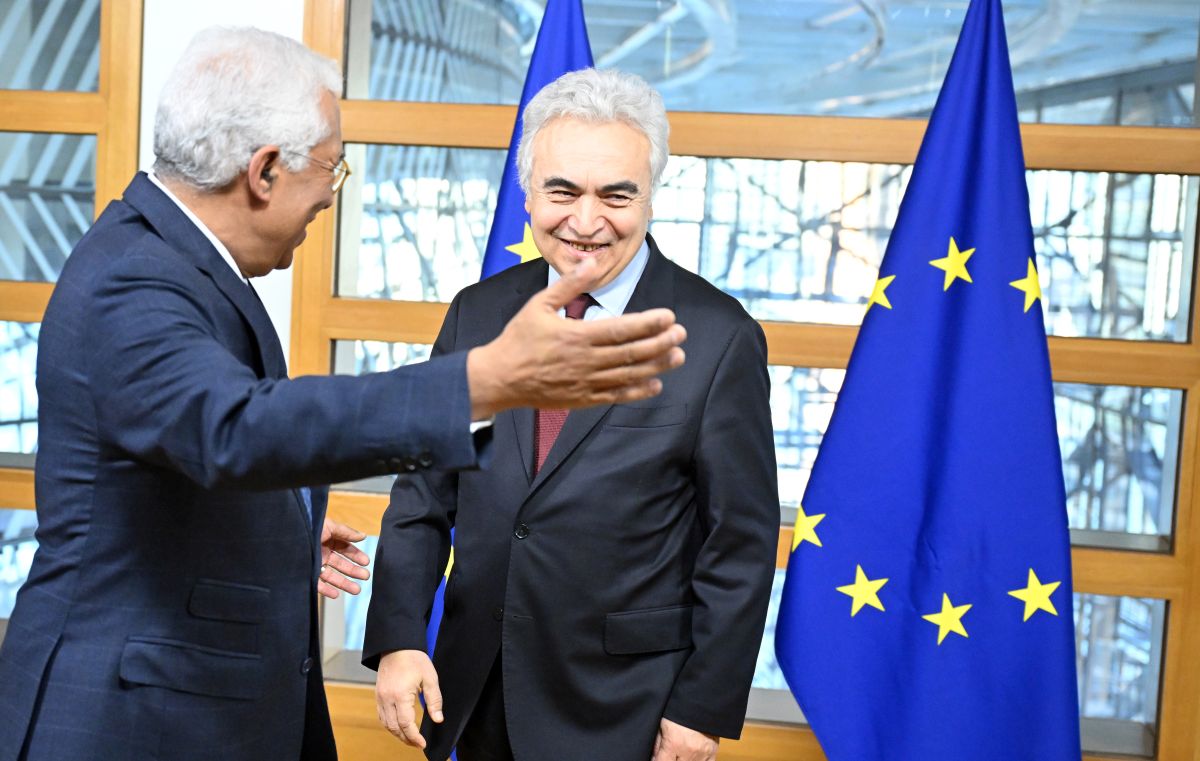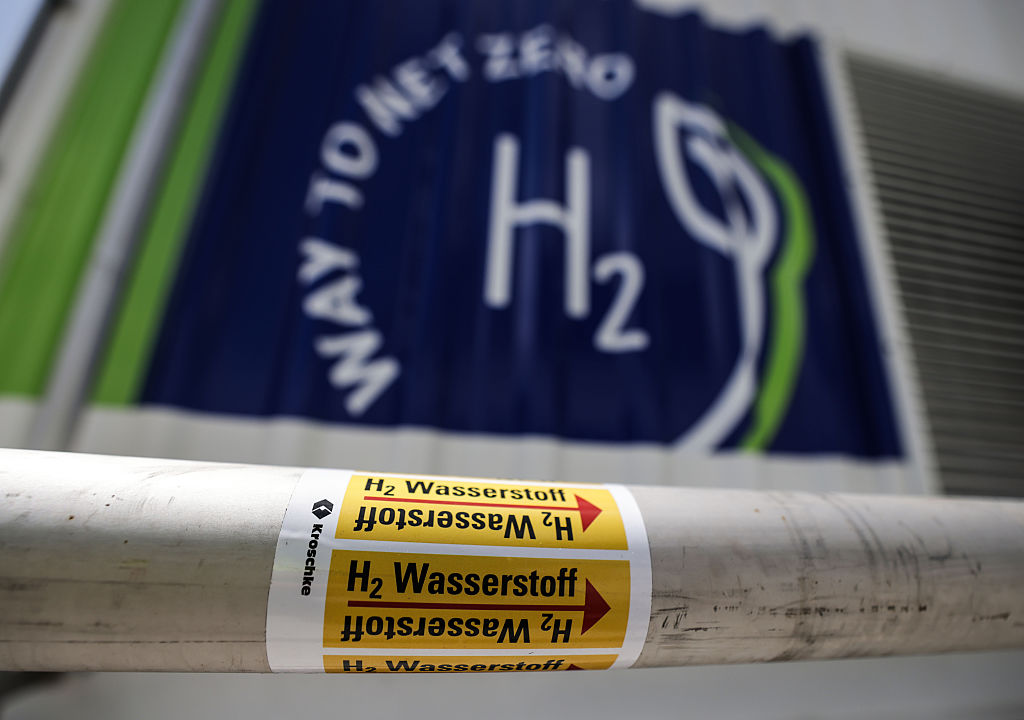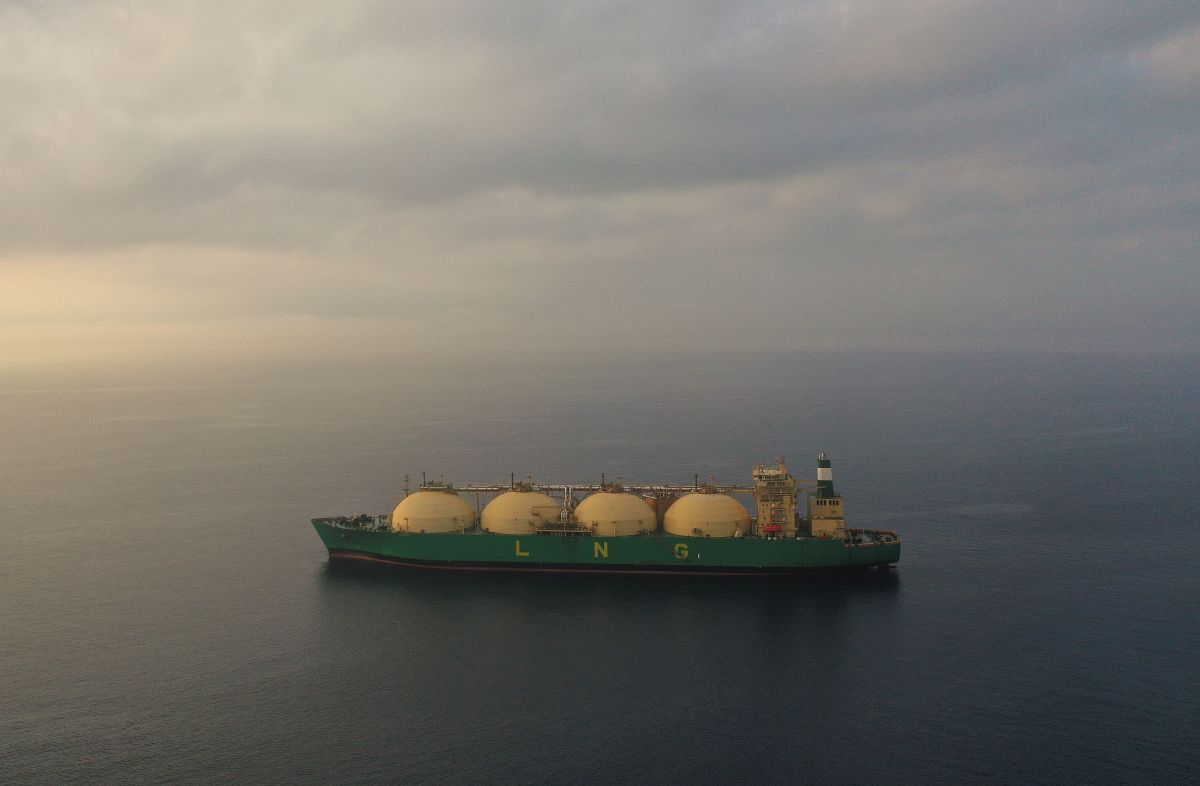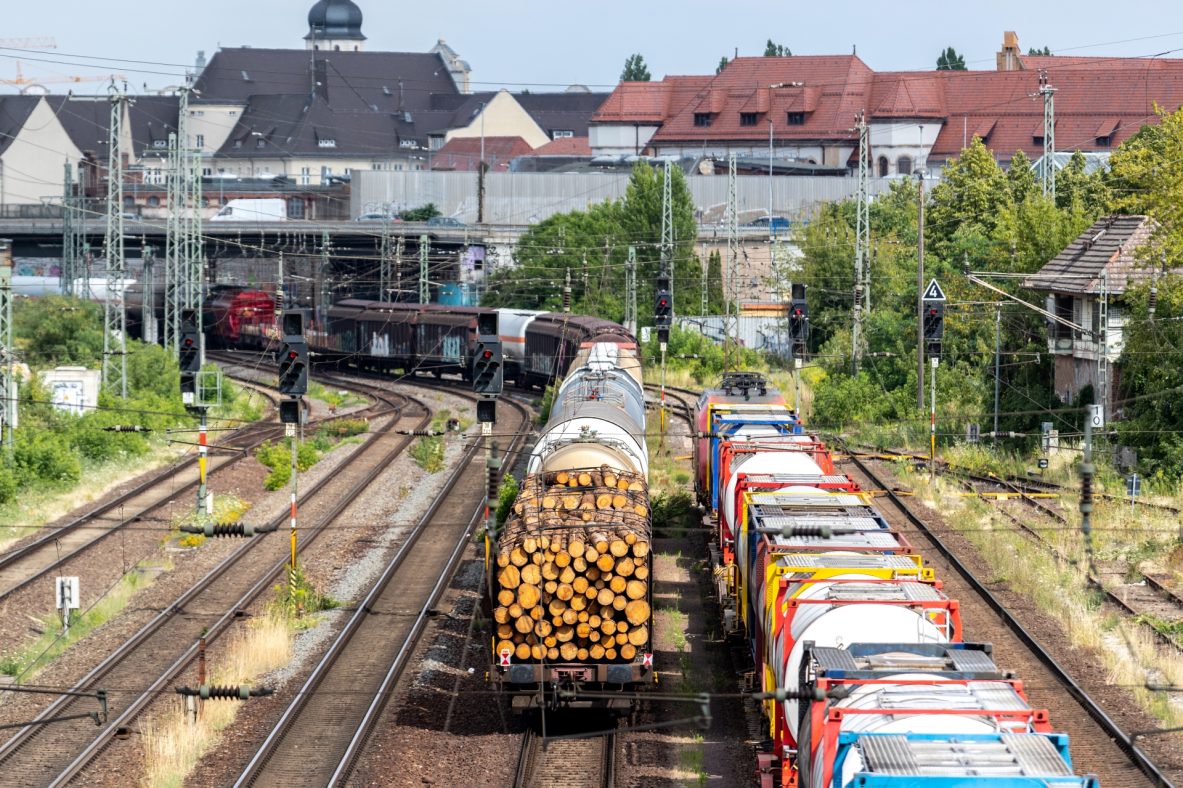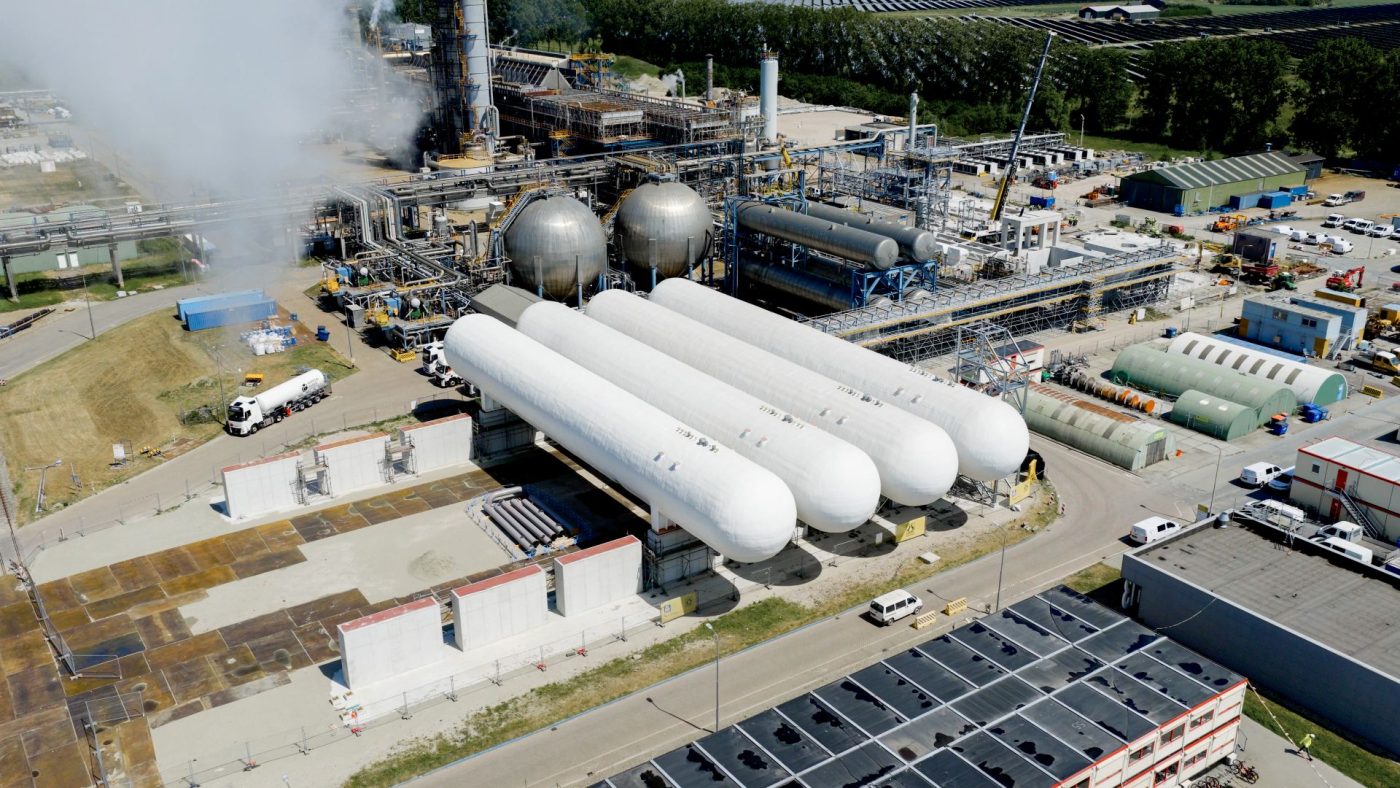Electrification: How can the EU make the most of all net-zero technologies?
Without a swift uptake of electrification, the EU risks missing key opportunities in terms of strengthening its strategic independence. Upcoming legislation must provide technology neutral, ambitious pathways to electrification to make the most of all net-zero technologies without penalising European industries.
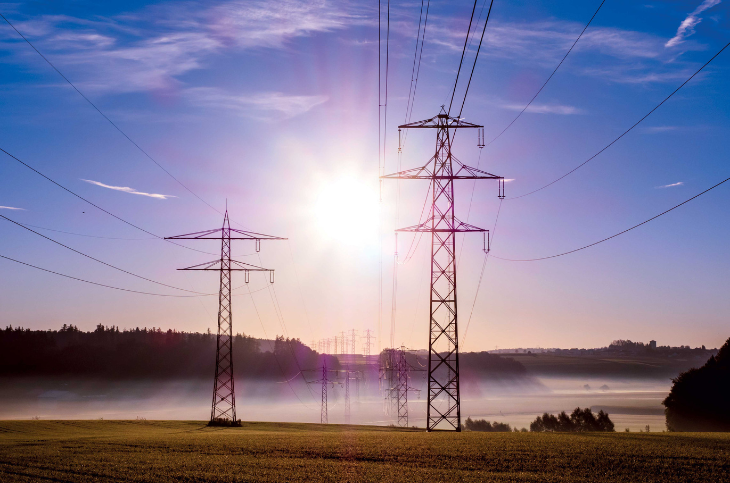
While it is clear that electrification is one of the most powerful tools for Europe to decarbonise and reduce its reliance on energy imports, the actual pace of electrification in the EU has stagnated over the past decade.
Electrification is all about phasing out fossil fuels. Without a swift and ambitious uptake of electrification, the EU risks missing key opportunities in terms of strengthening its competitiveness, enhancing energy security and strategic independence, and achieving its decarbonisation objectives.
The Electrification Action Plan, announced by the European Commission for early 2026, will hopefully provide pathways to ramp up electrification. But it must put forward ambitious objectives and account for the specific needs of all consumers.
Industrial demand – one size does not fit all
The Electrification Action Plan will be key in accelerating electrification across all sectors of the economy. It should support sectors where electrification is already on the way, such as cars, whilst at the same time encouraging new electrification and decarbonisation opportunities.
It is important that the plan takes into account consumer needs. For industrial consumers, one size does not fit all: each sector is different in terms of its readiness to electrify and the availability of alternative decarbonisation pathways. As such, electrification processes should be encouraged in parallel with other decarbonisation programmes including the use of decarbonised heat, hydrogen and other clean energy solutions. A case in point is, for example, the use of nuclear heat in some district heating systems which ensures fully decarbonised heating, without the switch to electrification.
Similarly, the Action Plan should incentivise electrification through supportive measures – such as fiscal incentives, support for OPEX/CAPEX, and respect the realities faced by consumers. For instance, some consumers can benefit from implementing demand side response measures, whilst others can simply not operate flexibly in a cost-efficient way. Demand side response should not become a condition to electrification, but rather a tool which remains voluntary. If flexibility is perceived as a constraint by consumers, it will discourage them from electrifying.
Supporting all net zero sources of electricity
As the largest single source of decarbonised electricity generation in the EU, nuclear energy is particularly suited to enabling electrification efforts by providing a stable supply of affordable and clean energy. Its firm and dispatchable characteristics provide the predictability that businesses depend on in terms of security, reliability of supply and price. Furthermore, beyond electricity generation, nuclear technologies can support businesses by producing low-carbon, high temperature heat and clean hydrogen – critical solutions for industrial processes where direct electrification is not feasible.
In this respect, the primary focus when pushing for electrification should remain on the CO2 content of the electricity generated, rather than the technology used to produce it. What the electricity system truly requires is a holistic strategy that harnesses the strengths of each energy source: net-zero and dispatchable technologies like nuclear for stable and flexible generation, alongside storage solutions and renewables, with the goal of delivering clean, scalable and affordable electricity.
Nuclear can unlock electrification whilst providing alternative decarbonised energy vectors. It therefore has a vital role to play in a resilient and climate-neutral European energy system. The Electrification Action Plan must reflect this reality: set ambitious electrification goals, support all homegrown clean technologies equally, and empower households and businesses to make the switch.
Discover nucleareurope’s full position on the Electrification Action Plan.
By Emmanuel Brutin, nucleareurope Director General.


